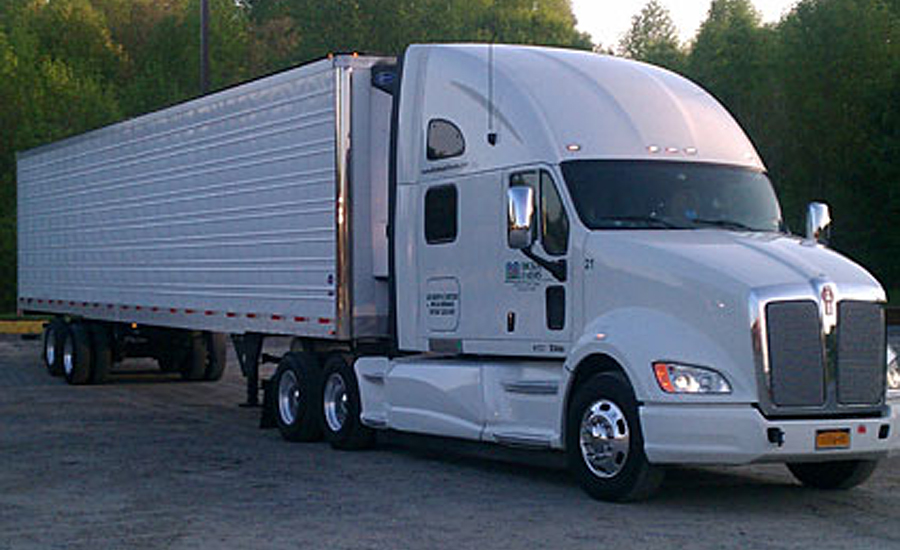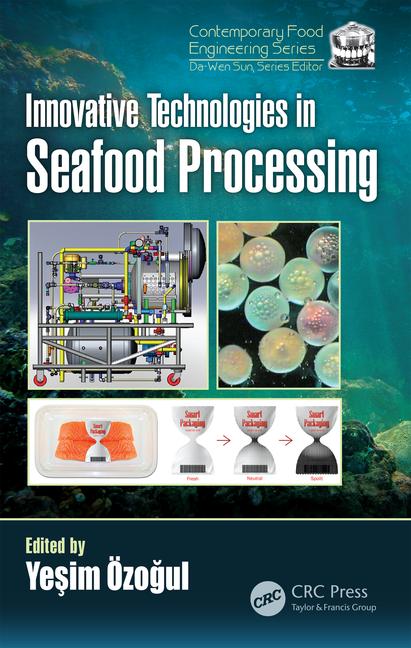While physical logistics networks remain indispensable, electrification in local transport is already making an important contribution to the achievement of the energy turnaround today. However, commercial use of electric drive on long-haul and heavy-duty routes is not yet feasible. This is where sustainable fuels play a crucial role and could be pivotal in reducing the climate impact of transport emissions.
Deutsche Post DHL Group, Germany, released the “Sustainable Fuels for Logistics” study, which presents the current status of trends and developments in the sector, compares and evaluates the advantages and disadvantages of the respective drives and shares experiences from practical application. In addition, experts from science, associations and non-governmental organizations (NGOs) provide insights into the possible uses and current limitations of sustainable fuels.
“We want to connect people and improve their lives. And, for the group, this has long since included environmental and climate protection,” says Frank Appel, chief executive officer. “Our aim is to achieve zero-emission logistics by 2050. But, this goal cannot be achieved with efficiency measures and a modern fleet alone. We also need to accelerate the transition from fossil fuels to clean alternative energy sources. This is why strong cross-border and cross-sectoral cooperation between the political, business and scientific communities is so crucial.”
Key findings of the study:
- E-mobility is the technology of choice in the transport sector. But, its use is currently restricted to short-range transports.
- Drop-in fuels are compatible with current technology and can replace fossil fuels.
- Non-drop-in fuels require modified engines or new technology.
- Second-generation biofuels and e-fuels are beginning to gain a foothold.
- Biofuels and energy must come from renewable sources.
- Production of plant-based biofuels should not lead to monocultures and the destruction of crop land and rain forests.
Some of the alternative fuels available today can already help significantly reduce emissions with minor or no modifications to engines and infrastructures. Likewise, concerns about the availability and sustainability of biofuels are leading to a growing interest in what are known as e-fuels. These synthetic fuels can be produced from renewable energies and carbon dioxide (CO2).
“There's a lot to be said for e-fuels. They can be seamlessly integrated into existing vehicles and infrastructure. At present, however, they are not economically competitive. And, as with e-mobility, there is still not enough green electricity available to ensure that their production really is climate-neutral,” says Dr. Thomas Ogilvie, labor director and board member for human resources and corporate incubations. “We believe synthetic fuels will reach mass market viability in the next 5-10 years. In our view, progress will depend on a cross-border, cross-sectoral approach and the development of global standards to promote the production and use of sustainable fuels internationally.”








